Food is an essential part of our daily lives, providing us with the nourishment required for a well-functioning bodily system. However, one of the most significant issues in the current times is the adulteration or contamination of food or food products intentionally or unintentionally which deteriorate the quality and safety. The addition of these inferior or harmful substances possesses serious health risks among consumers.
Despite Food Adulteration being a punishable offense, it is still a common activity in society. It gets worse during festivities like Diwali or Holi. Food adulteration is already a big concern in India, in which one out of every five foods is adulterated as per the reports.
Food businesses use a variety of ways to adulterate food, including chemicals and synthetic chemicals. As the adulteration is rapidly growing, the consumers’ trust is also shaken. It has become challenging to ensure the purity of produce or food products.
In this blog, we will delve into the concept of food adulteration, its major consequences, and explore effective measures that can safeguard our health by preventing food adulteration.
Let’s get started!
What is Food Adulteration?
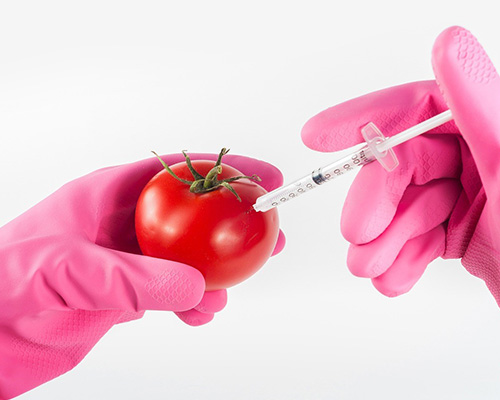
It involves adding dangerous substances such as chemicals, toxins, colours, or other hazardous materials to food items. This is typically dairy products, cereals, legumes, grains, vegetables, fruits, oils, and carbonated sodas to diminish their quality. Adulterants can be introduced at different stages, including production, processing, transportation, and storage. Not only does it decrease the nutrient quality of food but also contaminates it making it unfit to consume. For example, the items being used to make sweets like Khoya, Ghee, and Milk are deliberately adulterated for monetary gains during major festivals or events.
There are several common reasons for Food Adulterations such:
- Sometimes food is adulterated to extend its shelf life.
- Businesses also do this to sell cheaper quality products at higher prices thus increasing their profits.
- It may be done to sell the poor quality of the product by making it look fresh and appealing.
- It may be done to meet the high market demand.
- The lack of awareness and negligence to ensure quality standards may also lack to the contamination of products.
It may be done as the part of Company’s plan.
What Are the Effects of Food Adulteration?

The side effects of food adulteration are detrimental on an individual’s health and that of the community. Here are a few examples:
- Adulterants such as artificial colours, preservatives, and contaminants can cause allergies, gastrointestinal disorders, organ damage, hormonal imbalances, and even chronic diseases as per the National Library Of Medicine
- Adulteration often involves diluting or substituting nutritious components of food with inferior or cheaper substances. As a result, the nutritional value of the food product diminishes significantly.
- Adulteration can introduce harmful pathogens, contaminants, or excessive levels of toxic substances into food. These can cause foodborne illnesses.
- Adulteration destroys consumer trust in the food industry and other related food products.
- Food adulteration scandals can significantly tarnish the reputation of the companies involved and the entire food industry.
How To Avoid Food Adulteration
Our grandparents used to grow veggies and incorporate them into daily cooking. That’s why there were negligible cases of food adulteration or contamination back in the day. However, considering the current times, who has got time for that?
Being working individuals and with so many responsibilities surrounding us, it gets a bit challenging to take out time for gardening. Nevertheless, it doesn’t mean that we don’t have an escape. There are a few things that we can do to prevent food adulteration and protect our health in the long run. Keep reading:
1. Buy From Local Vendors
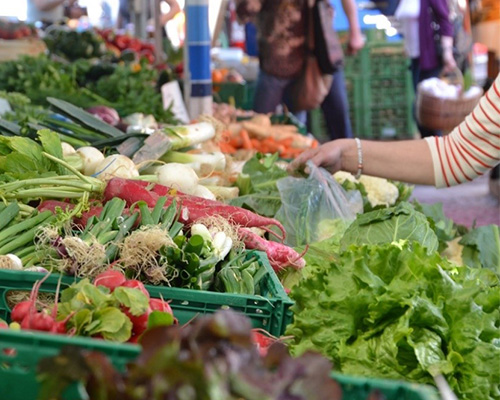
Eating local is the best thing that you can do. Food bought from local markets is not only tastier but nutritious. There are reduced chances of the local food being contaminated. It’s mostly fresh because the food has to travel to the closest market. When you buy produce from local vendors, eat at local restaurants, or shop at local markets, you tend to support the local community and feed yourself and your loved ones with nutritious food.
2. Read The Label Carefully
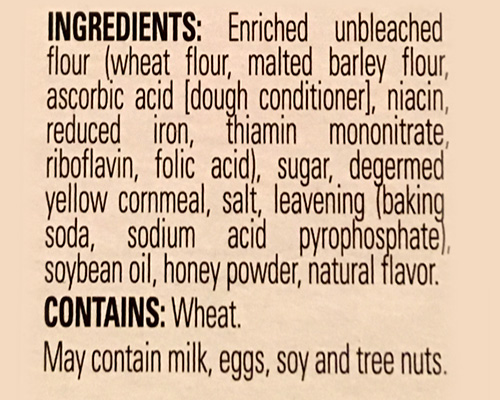
Image Source: openoregon.pressbooks.pub
First, try to avoid all dabba-packed food items or items made in the factory. We should make a habit to eat fresh and natural but, in some cases, if you have to eat packed food, always read the ingredient labels carefully available on food packaging. Look for products with shorter ingredient lists, as they are less likely to contain unnecessary additives or adulterants and it is easier to identify each ingredient. Familiarize yourself with common adulterants to spot any suspicious ingredients is an add-on that will always save you from buying adulterated products thus preventing food adulteration.
3. Buy Certified Organic Produce
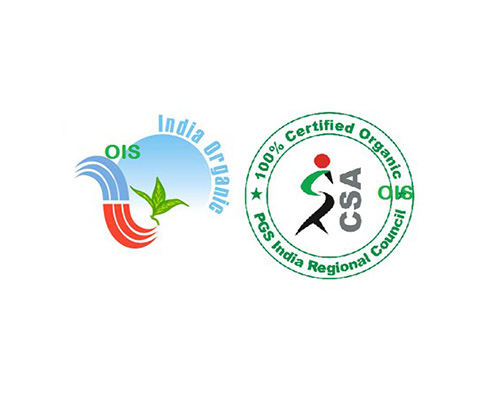
Organic certification ensures that products are manufactured while adhering to organic agriculture standards throughout processing, production, packaging, and marketing. It ensures that the product is grown without any chemical fertilizers, pesticides, or hormones. It has better nutritional value and helps support the environment too. This is truly the safest and purest produce you can incorporate into your lifestyle without compromising on health. Nowadays there are many organic farmers, vendors, and sellers available in your area to buy organic produce, but you need to do a little research to find a reliable and authentic source.
4. Buy From the Transparent Sources
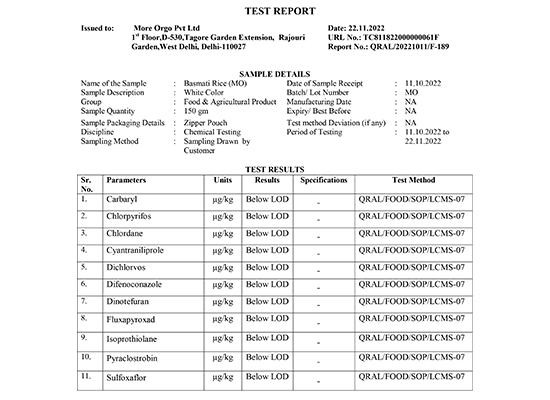
Source: https://www.omorganickitchen.com/wp-content/uploads/2023/01/BASMATI-RICE.pdf
Someone who is offering chemical-free products will not be ashamed of being transparent about their procedures. As a consumer also, you have the full right to inquire about the source of ingredients, production processes, and quality control measures. By being an informed and vigilant consumer, you can drive positive change in the food industry and also encourage others to be more careful while shopping thus preventing food adulteration. We at OMKITCHEN are very much transparent about the procedure and the ingredients used in our lip-smacking meals. We have mentioned our food lab test reports on our website which people can easily check.
5. Go For Authentic Organic Homestyle Meals

For those busy individuals who don’t have time to cook daily meals or people who do not know the authentic source of organic produce but want to eat an organic homestyle meal every day, OMKITCHEN is the best option to catering your everyday meals whether you are an individual or a family. The best part is, our range of organic meals is prepared from PURE organic ingredients and produce which is lab tested to ensure premium quality. The well-trained staff ensures supreme quality and safety throughout the sourcing, preparing, and delivery of chemical-free organic food across Delhi/NCR.
6. Educate Yourself

Stay updated on the latest news and information regarding food adulteration. Be aware of the common adulteration practices associated with different food products. Stay informed through reputable sources such as government health departments, consumer protection agencies, food safety organizations, and companies that follow ethical food practices. These small steps can be a big help to prevent food adulteration.
Final Thoughts
Let the government do its part for minimizing the adulteration of food. As an individual, it is imperative for us to become more conscious of our journey toward improved health and well-being. So, pay attention to the product label, buy fresh and natural products from reliable buyers, educate yourself about healthy eating, and learn ways to adopt clean eating as a part of your routine. Maintaining personal hygiene while handling food is also a part of food safety which must be taken equally care of. If you already have adequate knowledge of food adulteration, share it with your community to bring change in people’s eating habits.

